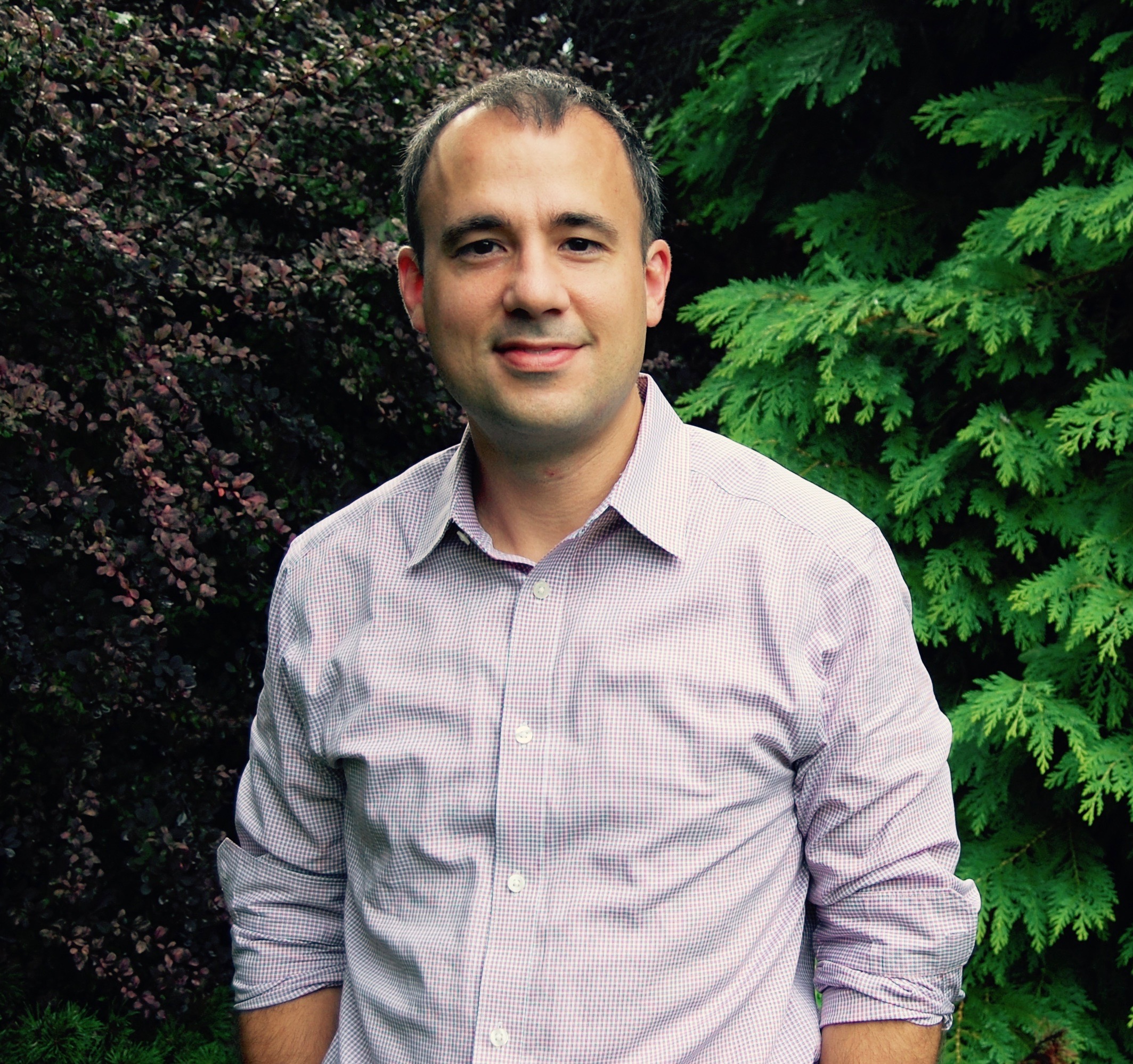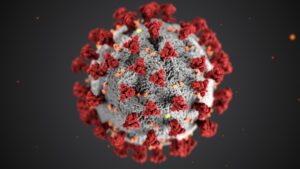Pedophilia OCD, or POCD, also known as Pedophilic Obsessions, is a specific subtype of OCD in which individuals experience unwanted intrusive thoughts, images, or urges related to sexual attraction towards children. There is a major difference between someone with POCD and a person who identifies as a pedophile: A person with POCD experiences abject horror at the notion that they would or could do such acts while a pedophile actually enjoys and/or seeks out pedophilic content for sexual gratification. In short, people with POCD are scared of being a pedophile and actual pedophiles are… actual pedophiles.
People with POCD are no more likely than anyone else to be a danger to society. Like SO-OCD and Harm OCD, people with POCD are more likely to not report their symptoms and to suffer in silence for fear of judgment and scorn. This leads to less treatment and increased stigma for an illness with clear and effective treatment.
Symptoms of Pedophilia OCD
Intrusive Thoughts: Individuals experience persistent and distressing thoughts or mental images of engaging in sexual acts with children. These thoughts are unwanted and go against the individual’s moral compass. Examples are “What if I’m sexually attracted to children”; “What if I’m a pedophile?”; “Am I a predator?”; “Do I like child porn?”
- Distress and Anxiety: The intrusive thoughts cause intense feelings of distress, anxiety, guilt, and shame. Individuals may engage in mental or behavioral rituals to alleviate their anxiety temporarily.
- Compulsive Behaviors: Individuals may engage in compulsive behaviors as a way to neutralize their distressing thoughts. These behaviors may include avoidance of children, excessive reassurance-seeking, researching pedophilia, or mentally reviewing past experiences to prove their innocence.
- Hypersensitivity to “groinal responses”: They will also often be hypersensitive to any groin-based or “groinal” movements, sensations, or feelings and misinterpret these sensations with actual sexual desire for children.
- Fear of Acting on Thoughts: Despite having no desire to harm children, individuals with Pedophilia OCD may experience a heightened fear of acting on their intrusive thoughts. They may go to great lengths to ensure they never engage in any inappropriate behaviors. Some even consider turning themselves into the police!
- Impaired Functioning: Pedophilia OCD can significantly impact an individual’s personal and professional life. The distressing nature of the intrusive thoughts may lead to difficulties in concentration, relationships, and overall quality of life.
Evidence-Based Treatment for Pedophilia OCD
Effective treatment options are available to help individuals struggling with POCD overcome the distress and regain control over their lives. These treatments are rooted in evidence-based approaches and provide hope for individuals seeking support. Here are some of the commonly used treatments:
- Exposure and Response Prevention (ERP): ERP is a well-established and effective treatment for POCD. Therapists work collaboratively with individuals to develop coping strategies and gradually expose them to situations or triggers associated with their intrusive thoughts. Through exposure and response prevention techniques, individuals learn to tolerate their distressing thoughts without engaging in compulsive behaviors (Jassi et al., 2020).
- Mindfulness-Based Approaches: Mindfulness-based interventions, such as Mindfulness-Based Cognitive Therapy (MBCT) or Acceptance and Commitment Therapy (ACT), can complement traditional CBT approaches for POCD. These therapies help individuals develop non-judgmental awareness of their thoughts and emotions, cultivating a compassionate and accepting stance towards their intrusive thoughts. By learning to observe their thoughts without acting on them or attaching excessive meaning, individuals can reduce their distress and regain control over their lives (Niemczyk et al., 2018).
Conclusion
POCD is easily the most stigmatized subtype of OCD and sadly, very few people seek treatment for it. Please don’t be one of those people. Contact us today and get the help you deserve to get your life back from OCD.





